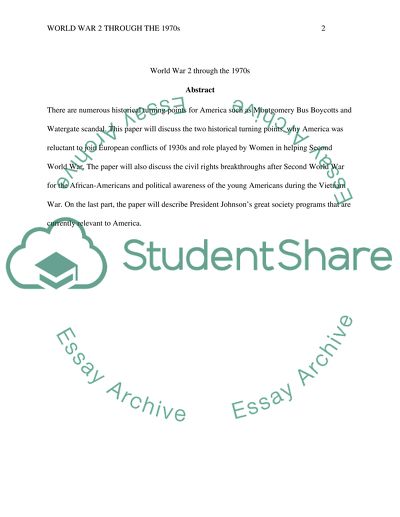Cite this document
(“World War 2 Through the 1970s Research Paper Example | Topics and Well Written Essays - 1500 words”, n.d.)
World War 2 Through the 1970s Research Paper Example | Topics and Well Written Essays - 1500 words. Retrieved from https://studentshare.org/history/1469212-world-war
World War 2 Through the 1970s Research Paper Example | Topics and Well Written Essays - 1500 words. Retrieved from https://studentshare.org/history/1469212-world-war
(World War 2 Through the 1970s Research Paper Example | Topics and Well Written Essays - 1500 Words)
World War 2 Through the 1970s Research Paper Example | Topics and Well Written Essays - 1500 Words. https://studentshare.org/history/1469212-world-war.
World War 2 Through the 1970s Research Paper Example | Topics and Well Written Essays - 1500 Words. https://studentshare.org/history/1469212-world-war.
“World War 2 Through the 1970s Research Paper Example | Topics and Well Written Essays - 1500 Words”, n.d. https://studentshare.org/history/1469212-world-war.


